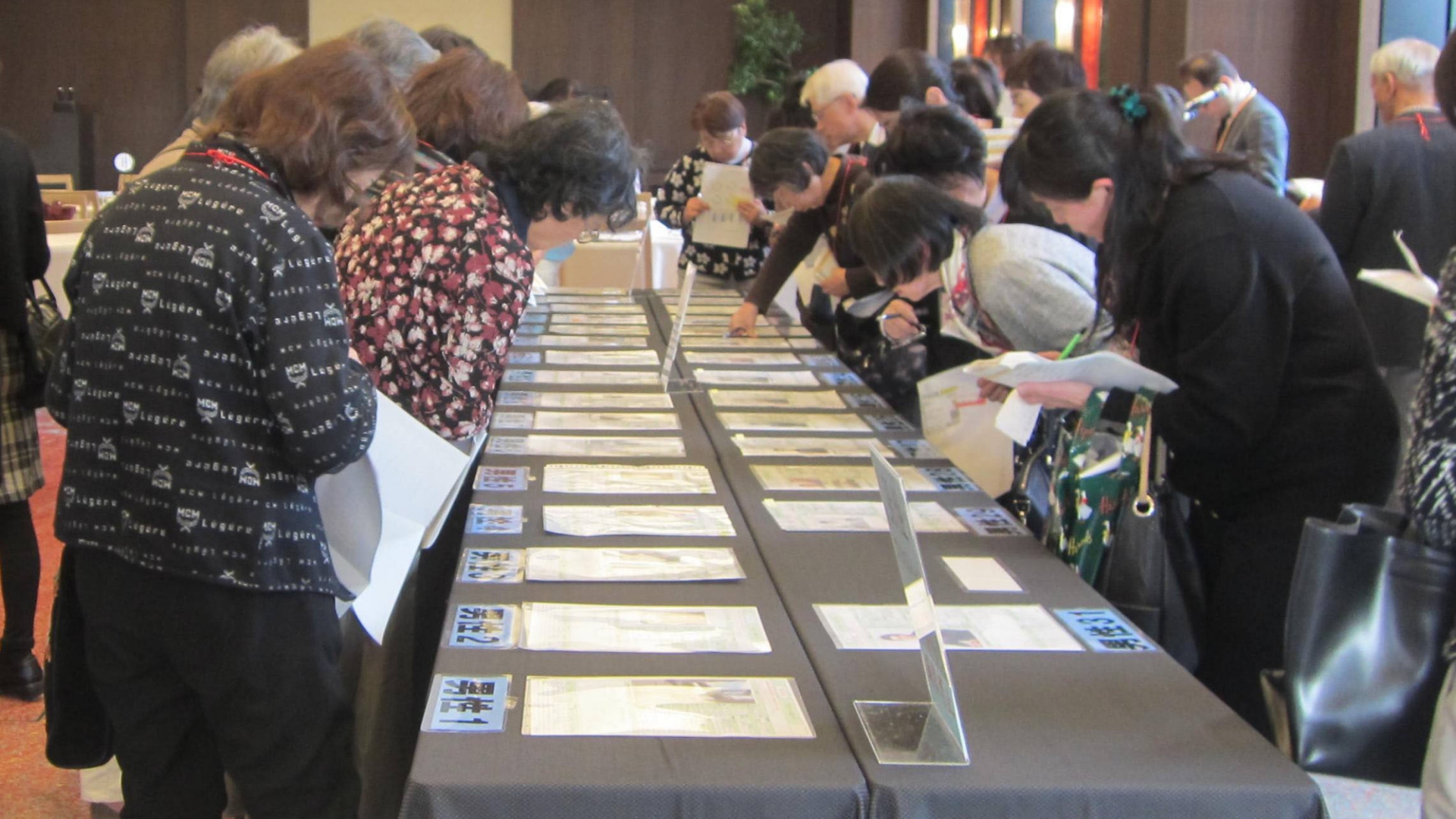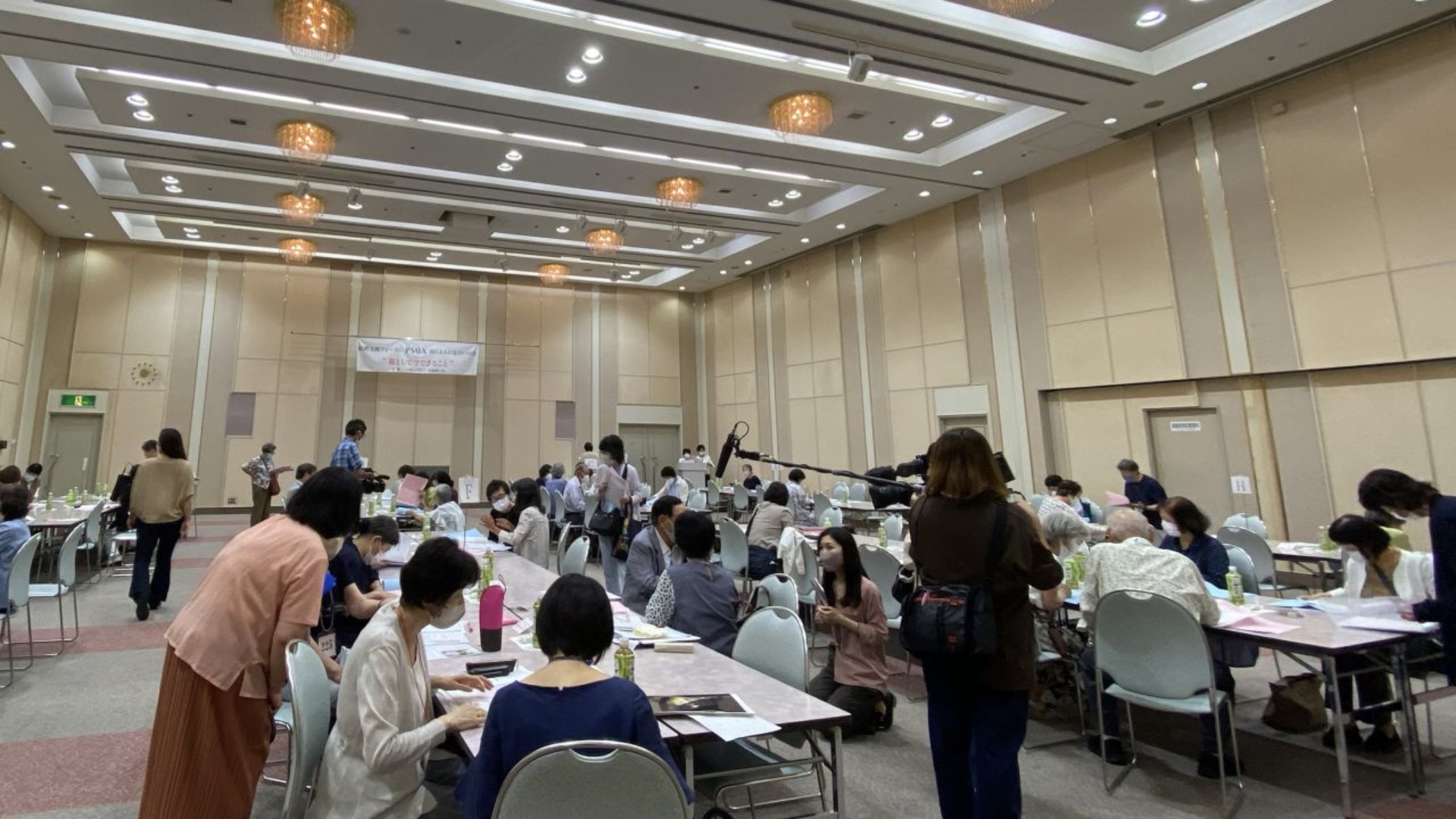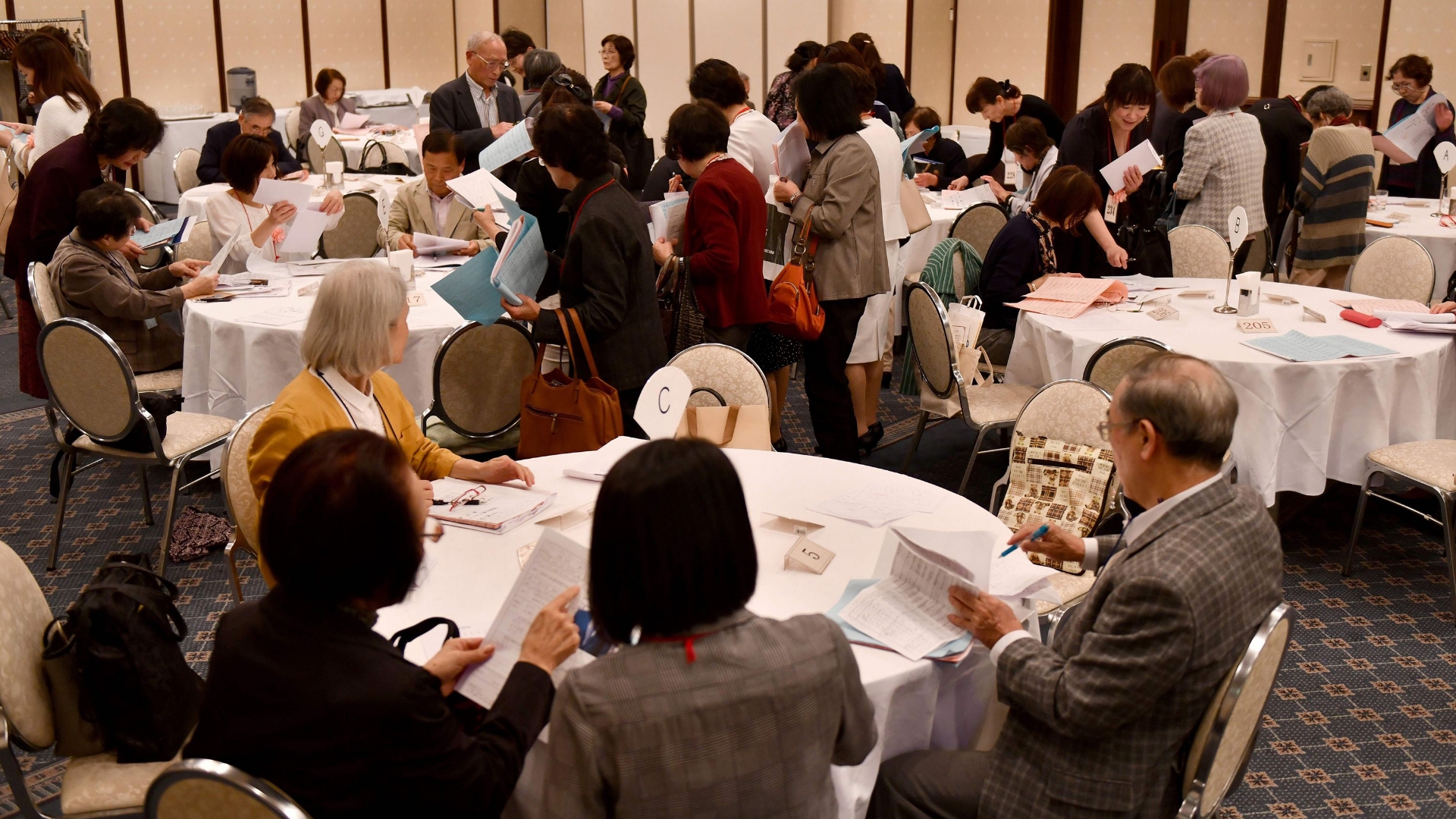In Tokyo, parents participate in an event where their adult children are matched with potential partners.

Finding the right one can be tiring; some cheat, some prefer to be single and avoid committed relationships. Why not get help with your parents ?Our parents are aware as well, and they will not choose someone only because they are attractive; instead, they will investigate their background and see whether they can supply what most of us overlook in a person. In Osaka, Japan, a group of about 60 parents assemble for a session of "omiai," or matchmaking, to find true love. The event is not about speed dating, but rather about parents assisting their children in getting married.

Rising living costs, low economic prospects, and a demanding work culture are prompting fewer Japanese to marry and have children. The same causes that drove parents to the Osaka conference room have been wreaking havoc on the demography of the world's third largest economy. The number of newly registered weddings plummeted to 501,116 in 2021, the lowest since World War II in 1945. People marry later in life, leaving less time to have children. In 2021, the median age for men was 34, up from 29 in 1990, and 31 for women, up from 27 in 1990.
The fertility rate reached a new low of 1.3, well below the 2.1 needed to sustain a steady population. Prime Minister Fumio Kishida revealed a multitrillion-yen proposal to increase birth rates by incentivizing parents. However, James Raymo, an East Asian Studies scholar at Princeton University, believes that increasing the birth rate without first increasing the marriage rate is unlikely to work.According to sociologist Shigeki Matsuda, a drop in marriage rates is threatening Japan's economic strength and national wealth. Poor employment prospects and flat income during the 1990s, as well as the country's high cost of living and lengthy working hours, are the primary causes of this drop.
Women have additional obstacles as a result of patriarchal society, in which married women are frequently expected to take on the caregiving role. Matchmaking services in Japan estimate that roughly 10% of those they match up marry, but the true percentage could be higher due to parents not always informing them about their children's connections. The service thinks that roughly 10% of those it connects marry, but the true figure could be higher due to parents not always informing them about their children's relationships.

Parents frequently seek matchmaking events for their children, typically because they want grandkids. Miyagoshi, on the other hand, emphasizes that children come first, regardless of the parents' affections for one other. She believes in "go-en," a Japanese term that refers to romance that occurs when the right person meets the right person at the right time.
Despite the effort put into finding a match, marriage does not always work out. Regardless of their sentiments for each other, parents should be willing to have children.
